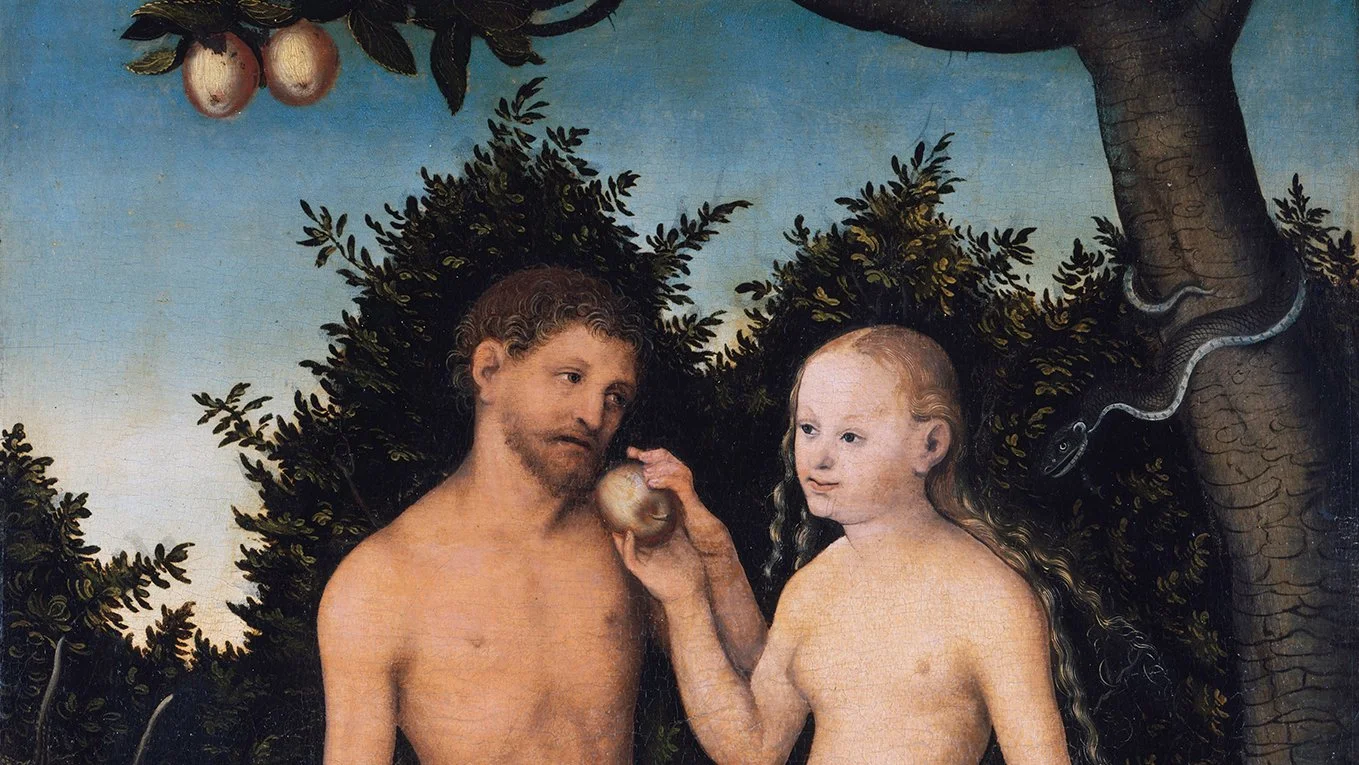Wæstm: Installment Number Eleven!
The end of the road…
Lucas Cranach the Elder
It’s surreal to write it, but this is the very last chapter of the Wæstm story. For those who have been following along since the beginning, thank you from the bottom of my heart. This piece of writing has been such a joy to create and despite its deceptive simplicity, it has taken me almost a year to have the whole thing posted in one place, ready to share with the world.
I have learned so much from this project, especially because creative writing is such an unconventional a way to learn Old English. I’ve always thought that it should play a much larger role in typical curriculum and learning programs, for a few reasons.
First of all, when learning a “dead” language, particularly one that is more obscure, you don’t have the advantage most of the time of having a partner to converse with. Formulation of sentences teaches you to think quickly and creatively about the vocabulary, grammar, and all other aspects of the language. It encapsulates and touches on a plethora of different skills in a way that translation or drills cannot.
Also, in the case of Old English, narrative and oral tradition play such a large role in the culture and heritage of its original speakers, and is the origin of so much of the knowledge we have about those peoples and that time period. Following in the footsteps of the poets and performers who created an art out of words and creativity, who colored a world without the aid of screens or special effects, provides a deep connection with the language and history. I believe that Old English, while it was certainly used in utilitarian conversation, was at its core a language of stories.
And I won’t discount that it’s simply fun to write and use your imagination. And my goal with every project that comes out of Modern Old English is to make the language and the field fun, interesting, and exciting.
So if you’re an Old English student, whether just beginning your journey like I was when I wrote the first lines of Wæstm, or already years deep into Medieval Studies, maybe you should consider infusing a little creativity and storytelling into your learning. I cannot overstate the joy and wonder that it brings to the language. And of course, I would love to see anything you do create, so please share your work with me!!
Otherwise, I hope you enjoy the ending of Wæstm, and come back soon for some exciting projects I have on the horizon!
Chapter the Eleventh: A terrible fate occurs as the tale comes full circle
He feels an unforgiving grip
Hē gefēlð unforgyfende clam
He is lifted from the branch of the tree
Hē is āhafen fram þām telge þæs trēowes
The teeth are sword-sharp and swift
Þā tēð beoð heoroscearpe ond swifte
With a cry
Mid hreāme
he falls away from his home
He behrēosð fram his hāme
Paradise crumbles away
Neorxnawang gecrymmð
Tall gates slam loudly
Langu geatu belūcað hlūde
Down and down the apple falls
Ofdune ond ofdune se wæstm behrēosð
Back to Canterbury and the tax-fish and the king
Ongeað to Cantwareburhe ond þam gafolfisce ond þam cyninge
